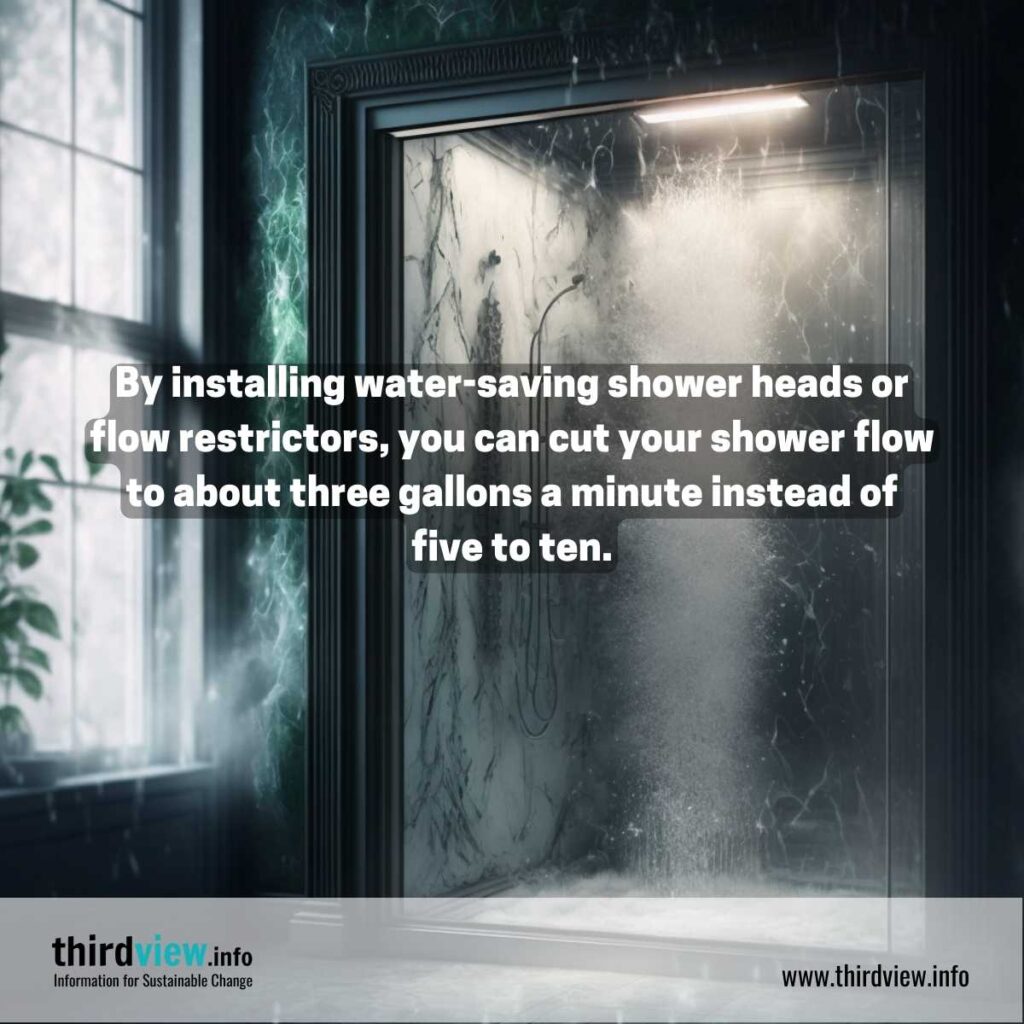4 Simple Techniques For Reclaim Waste
4 Simple Techniques For Reclaim Waste
Blog Article
Reclaim Waste Can Be Fun For Everyone
Table of ContentsSome Ideas on Reclaim Waste You Should Know4 Easy Facts About Reclaim Waste DescribedAll About Reclaim WasteOur Reclaim Waste PDFsSome Ideas on Reclaim Waste You Should Know
Via proper liquid waste administration, firms can reduce energy-intensive treatment procedures and disposal costs. By complying with a system for taking care of fluid waste, firms can avoid costly fines and fines and prevent negative publicity.(https://myspace.com/reclaimwaste1)Gather depictive samples from different factors within the waste stream to ensure accuracy. Liquid waste, particularly dangerous ones, presents considerable dangers throughout this step.

is called for when the effluent will certainly be reused or discharged into community pools. Sanitation (e.g., chlorination, ultraviolet light, ozonation) and nutrient elimination (e.g., denitrification and phosphorus eradication) are recommended under stringent regulations. This stage in the procedure is purely managed since it is when most dangers occur. Numerous companies breached a number of fluid garbage disposal laws recently.
The Best Guide To Reclaim Waste

Superficial basins include liquid waste that is enabled to evaporate via natural procedures. This type of disposal is subject to rigorous ecological policies due to possibly hazardous emissions.
The searchings for should be documented, examined, and stored not simply for entry to governing authorities yet also for making renovations in the future. Share information with relevant stakeholders (e.g., workers, regulative federal government companies, and close-by communities) to keep transparency and liability.
Regardless of the business size or market, there are various challenges related to this task. Understanding these can help them efficiently manage their procedures and lessen their environmental impact. makes it hard to treat and throw away liquid waste securely. Companies that can not invest in centers ought to think about collaborating with the public field for far better services.
Some Known Details About Reclaim Waste
By executing detailed administration systems that consist of therapy and reusing methods, routine tracking, danger analyses, and adherence to neighborhood and government guidelines, industrial facilities can add to the protection of groundwater materials, guaranteeing their accessibility for future generations (liquid waste disposal melbourne). Allow's dig into the relevance of reliable fluid waste monitoring in the industrial market, concentrating on its ramifications for protecting groundwater resources
The contamination of groundwater sources due to improper fluid waste monitoring in the industrial market has far-reaching consequences for human health, agriculture, and the setting as a whole. A few of the prospective effects triggered by such air pollution consist of: Contaminated Alcohol consumption Water Materials: As groundwater provides a significant section of our drinking water, pollution from commercial activities can bring about hazardous chemicals and microorganisms entering our water systems, positioning health and wellness dangers for people.
Reduced Agricultural Performance: Farming depends heavily on groundwater for irrigation; consequently, polluted water can impede crop returns, pollute agricultural products, and affect food safety. Provided the importance of protecting groundwater sources, it is vital for companies to take an aggressive position in handling their liquid waste sensibly and protecting against air pollution.
Some Known Factual Statements About Reclaim Waste
Liquid waste can pollute land and contaminate waters. Under the Defense of the Atmosphere Operations Act 1997, businesses that generate fluid waste are needed to handle it in a way that protects the atmosphere and the area. Information about managing and keeping liquid waste, replying to spills and lowering fluid waste is available in the complying with truth sheets and assistance:.
Water, the essence of life, is under consistent risk from contamination. The role of waste monitoring specialists in guarding this precious resource can not be overemphasized. Their solutions consist of: Sewage-disposal tank hop over to here and grease trap cleansing: Vital for stopping harmful contaminants from entering our water supply. Polluted water and polluted effluent administration: Guaranteeing that harmful fluids are safely removed and dealt with before they can damage our water resources.
Therefore, incorporating sustainable fluid waste management into financial planning boosts economic security and protects the setting, demonstrating the worth of this strategy. In conclusion, adopting specialist fluid waste administration techniques is critical for guaranteeing a lasting future, safeguarding our atmosphere and safeguarding the well-being of future generations.
When it involves getting rid of waste, sticking to proper procedures is critical for a multitude of reasons. Appropriate garbage disposal is not almost cleanliness; it has to do with making certain the well-being of our environment, health and wellness, and the effective usage of sources. Comprehending the value of effective waste monitoring can help us all add to a healthier, cleaner earth.
How Reclaim Waste can Save You Time, Stress, and Money.
Effective waste administration aids maintain clean streets and public rooms, lowering the visual impact of clutter and making sure that waste does not harm wild animals. When waste is not disposed of correctly, it can cause pollution, where damaging materials can seep right into the soil, water systems, and the air, developing long-term ecological problems.
Report this page